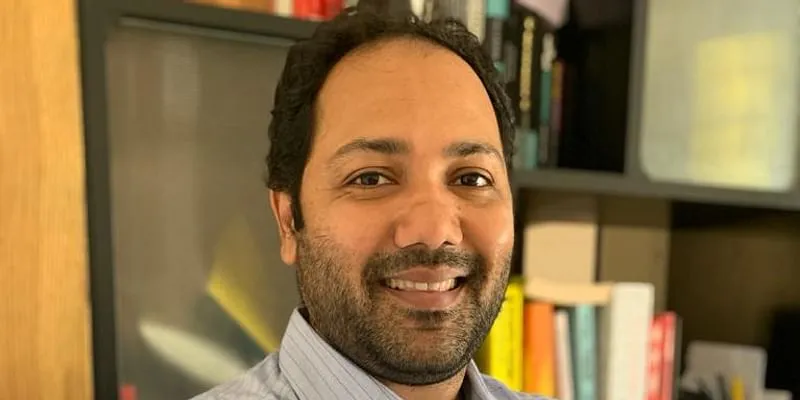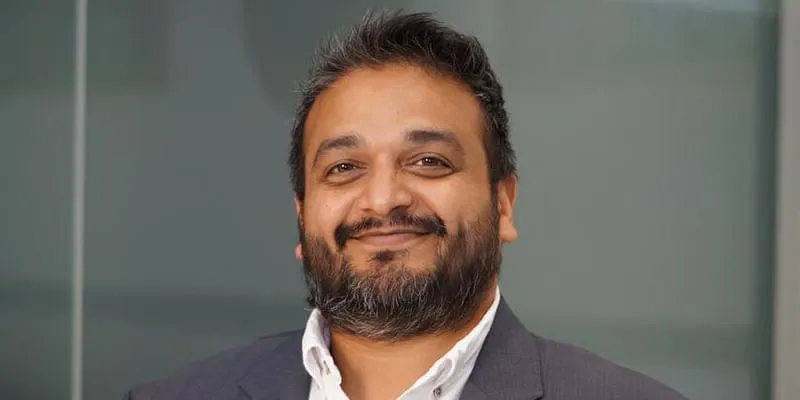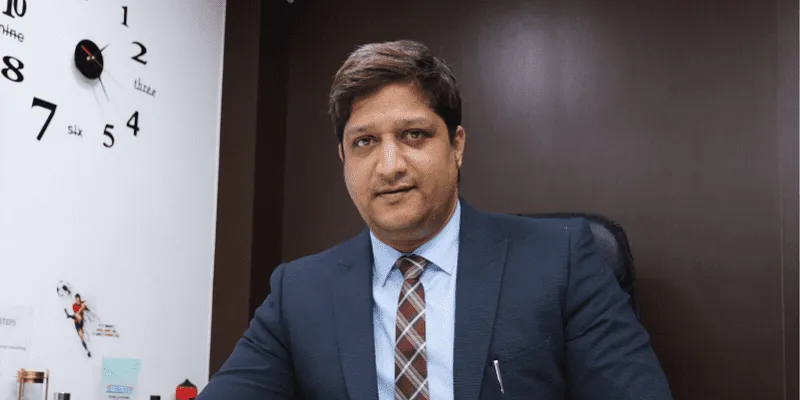From leather made of peas to plastic management: the top SMB stories of the week
This week, SMBStory focused on companies innovating to deal with the consequences of the coronavirus pandemic. Here are our top picks.

As coronavirus roils the world, businesses everywhere are dealing with the new normal: survival before growth.
However, even in this tough phase, there are many entrepreneurs who are taking the fight to COVID-19 and attempting to grow. Many of them are making sustainable use of available resources to do this.
This week, SMBStory covered entrepreneurs who are focusing on innovation with sustainable use of resources.
Lucro Plastcyle

Ujwal Desai, Co-founder and Managing Director, Lucro Plastecycle Private Limited
COVID-19 may have brought the world to a standstill, but it has also compelled us to take a better look at how we use our resources. It has woken up the world to the damage done to the environment and the planet at large.
Take plastic waste mismanagement, for example, a problem plaguing the Earth for decades, especially in India.
Companies like Plastecycle Private Limited have been trying to manage the situation, and save the planet from being choked to death.
The co-founders tell us that Lucro has grown by 100 times over the past eight years. It claims to be one of the largest suppliers of recycled packaging and protective covers, serving over 200 manufacturers and customers across different sectors including Mercedes Benz, Maruti Suzuki and Marico.
Escaro Royale

Ambud Sharma, CEO, Escaro Royale
The coronavirus pandemic has sounded the clarion call for MSMEs to make technology integral to their operations. Every company that has failed to use tech to innovate – either over the last few years, or even just the last two months – has receded into an obscure background.
But – a luxury Indian brand that offers handcrafted men’s footwear, bags and accessories – isn’t one of them.
The Delhi-based company, launched in 2017 under its parent company, Ligo Group, has been using tech to revitalise an otherwise conventional business. The company aims to establish itself as India’s first and largest extreme-luxury super-premium tech-driven brand for men.
When the coronavirus pandemic hit India in March, the company quickly went into a crisis-aversion operating mode, and came up with creative solutions for sourcing raw materials it uses to manufacture its products.
Namhya Foods

Ridhima Arora, Founder, Namhya Foods
It is a widely accepted fact that health goes beyond just exercising and staying active. Food and nutrition is a big part of it, but eating packaged comestibles labelled ‘healthy’, ‘low sugar’, ‘fat-free’ is not enough.
That is what prompted Ridhima Arora, founder of , to explore ways to make food nutritious, therapeutic even, using Ayurveda.
In an interaction with SMBStory, Ridhima says, “I started my journey towards a healthy lifestyle when I gained tremendous weight due to PCOS. In an effort to become fit, I modified my diet.”
The point was driven home after her father became seriously ill due to liver cirrhosis. She realised that there was a gap between the food industry and the healthcare industry, in that food did not play any role in medical treatments.
She founded Namhya Foods in 2019 to explore how food could be combined with Ayurveda to make it more healing and nutritious.
Other top picks of the week:
Redbricks Office

Ashish Goenka, Cofounder, Redbrick Offices
The popularity of coworking spaces has increased steeply over the last few years. With India becoming a hub of the world's startup ecosystem, and early entrepreneurs willing to spend less on occupying properties and paying hefty rents, coworking spaces have emerged as a viable alternative where you need to pay only for what you need.
Realising the potential in this business, Mumbai-based Redbrick Offices ventured into this segment.
In an interaction with SMBStory, Ashish Goenka, Co-founder of Redbrick Offices, who also heads Technology, Marketing and Strategy, says,
“Redbrick is a 40-year-old real estate business. Previously, we were more focused on residential and office construction and development projects. In 2008, our sister company Bombay Connect started one of the first coworking spaces in India. Seeing the rising popularity of coworking spaces, we thought of focusing on this business using our decades-long expertise.”
Le Classique Realty

Yogesh Jaiswal, Founder, Le Classique Realty
When he was young, Yogesh Jaiswal was not fond of academics. He was inclined towards sports, and preferred to spend his time playing basketball.
Sports emphasises and teaches the importance of being in control, taking risks, and changing tactics as required. So when Yogesh graduated and got into the real estate job market, he realised it was nothing like sports.
“I was certainly not in the driving seat while working for someone else. The radical ideas and paradigm shifts in go-to-market strategy and industry sales I suggested did not take off,’ Yogesh tells SMBStory.
Despite this, Yogesh stuck on for a long time in the industry. He worked for several realty organisations and made a name for himself in the sector.
As the years passed, he increasingly felt the need for a reliable and professional channel to connect real estate developers with buyers. Project developers needed assistance in selling their properties, and buyers needed consultation before purchasing a new home.
In August 2019, he started Le Classique Realty, a Mumbai-based company that would act as a channel partner that helped project developers sell their properties in bulk.
MBAtrek Pvt Ltd

Abhishek Srivastava, Co-founder and CEO of MBAtrek Pvt. Ltd., with his team
In 2001, when the world was experiencing an electronic boom and people were looking to make it big in the IT sector, Abhishek Srivastava, decided to not get swayed and do something different.
His decision paid off. Now, he runs his business and is satisfied with his life. But this goes onto show how important it is for people to make good career decisions and not follow pre-defined or more travelled paths.
This thought set the ball rolling for his venture. Abhishek, along with his father Alok Srivastava, launched in May 2018 in Gurugram.
Today it is present in B2B and B2C models, catering to four groups of people — young professionals, students, corporates, and educational institutes.
The core of the business model is built on education which is leveraging technology to make the process of career decisions more accurate and quick.
Edited by Teja Lele







